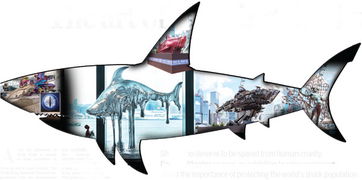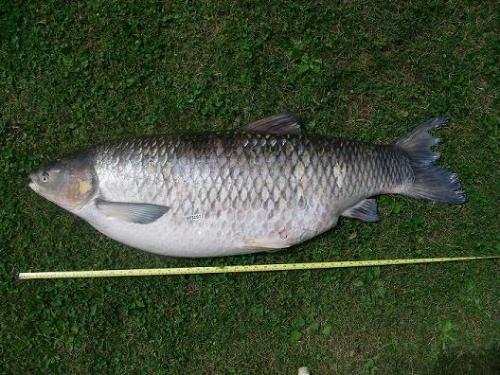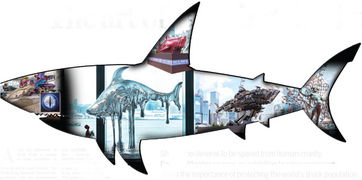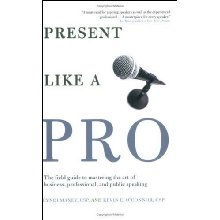Introduction: Fishing is a popular outdoor activity that allows enthusiasts to connect with nature, unwind, and enjoy the tranquility of the water. However, for beginners, the thought of casting a line and catching fish can be daunting. This article provides a comprehensive guide to help new anglers learn the essential techniques and tips to enhance their fishing experience.
Understand the Basics Before diving into the technical aspects of fishing, it's crucial to understand the basics. Familiarize yourself with the different types of fishing rods, reels, lines, hooks, and baits. Research the species of fish you wish to catch and their preferred habitats. This knowledge will help you choose the appropriate gear and techniques.
Choose the Right Equipment Selecting the right equipment is essential for a successful fishing experience. Here's a list of basic gear you'll need:
a. Fishing rod and reel: Choose a rod and reel that suit your fishing style and the species you want to catch. Spinning reels are ideal for beginners due to their ease of use.
b. Line: Use a monofilament line with the appropriate strength for the fish you're targeting. A general guideline is 4-6 pounds test for freshwater fishing and 6-10 pounds test for saltwater fishing.
c. Hooks: Select hooks of the appropriate size and shape for the fish you're targeting. Jigs, worms, and lures are popular choices for beginners.

d. Sinkers and swivels: These help control the depth and movement of your bait. Use sinkers and swivels that are appropriate for your chosen fishing method.
Learn to Cast Casting is a fundamental skill in fishing. Practice casting in an open area to get a feel for the motion and distance. Here are some tips to improve your casting technique:
a. Hold the rod with a comfortable grip, keeping your wrist relaxed.
b. Use a smooth, overhead casting motion. Begin with a backcast, then follow through with a forward cast.
c. Adjust your casting technique based on the type of fishing you're doing. For example, a long, smooth cast is ideal for casting lures, while a shorter, more aggressive cast is better for nymph fishing.
Master Baiting and Luring Techniques Understanding how to present your bait or lure to fish is crucial for attracting them. Here are some tips:
a. Use the right bait or lure: Research the preferences of the fish you're targeting and choose the appropriate bait or lure.
b. Vary your retrieve speed: Experiment with different retrieve speeds to see which one triggers a bite.
c. Be patient: Fish may take some time to react to your bait or lure. Stay patient and keep experimenting with different techniques.
Learn to Read the Water Observing the water and understanding fish behavior can significantly improve your chances of catching fish. Here are some tips:
a. Observe the water's surface: Look for disturbances, bubbles, or movement that may indicate the presence of fish.
b. Pay attention to the weather: Fish tend to be more active during overcast days or during the cooler parts of the day.
c. Understand fish behavior: Familiarize yourself with the habits and movements of the fish you're targeting.
Practice and Patience Lastly, fishing is a skill that takes time to develop. Practice regularly and be patient with yourself. As you gain experience, you'll become more comfortable with the techniques and improve your chances of catching fish.
Conclusion: Fishing is a rewarding hobby that can be enjoyed by beginners and seasoned anglers alike. By understanding the basics, choosing the right equipment, mastering casting and luring techniques, and observing fish behavior, new anglers can enhance their fishing experience. Remember to practice regularly and be patient as you develop your skills. Happy fishing!












